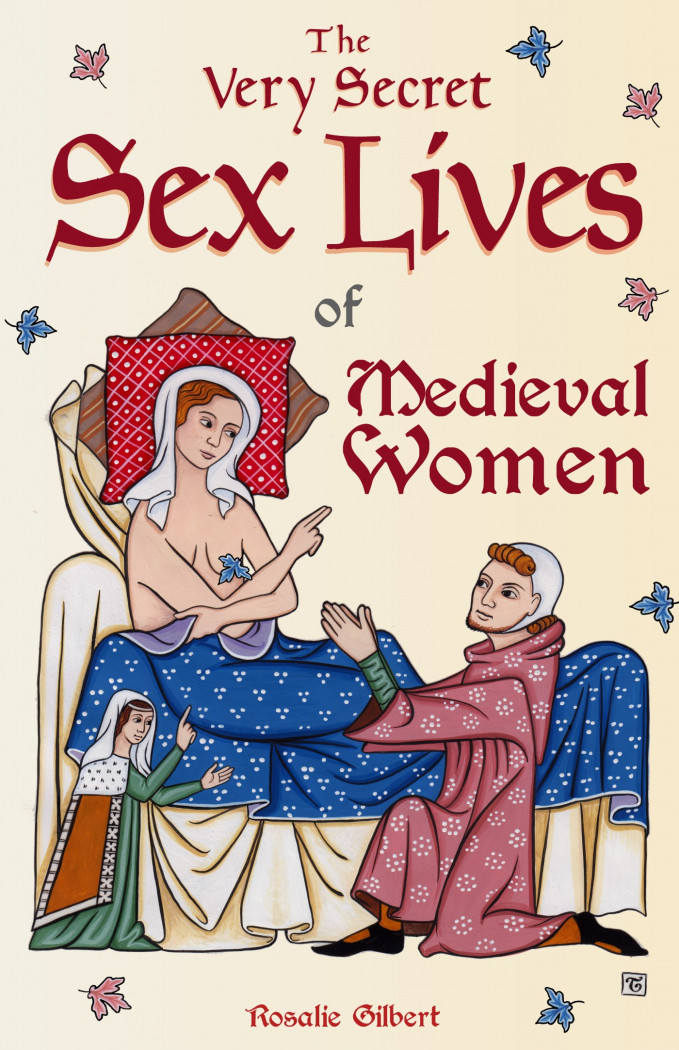Medieval aphrodisiacs were not of the ilk that we hope for today. Today we think champagne, caviar and oysters. Or chocolate. The medieval woman was unlikely to find any of these on her list of things to inflame the passions, so what might she consider?
Onions. Let's start with onions.
The Four Seasons of the House of Cerruti, which is a copy of the Tacuinum Sanitatis from the 14th century has this to say:
"An excellent thing, the onion, and highly suited for old people. They generate milk in nursing mothers and fertile semen in men."
One might think that onion breath might be somewhat off-putting, but the manuscript fails to tell us how to prepare them for the desired effect.
Hildegarde von Bingen recommended steering away from them altogether and wasn't a fan at all.
Garden Nasturtiums are also pretty good in the sexy-times department. If you look closely at the seeds, you might feel that they look quite similar to a certain male genitalia, and you'd be right.
Attributing properties to foods and plants in the natural world based on things it reminded one of, was called the Doctrine of Signatures. It was understood that since God had created all things, both good and ill, health and disease, then he had put the cures for all ills here on earth with us, we only needed to find them.
We would find them, it was thought, by seeing similarities in the physical object and what it was needed to cure.
If a bean looked like a kidney, it stood to reason that it would be helpful medicinally for the kidney.
So, in this way, nasturtium seeds, which resembles testicles, would be helpful to augment the sperm and coitus.
Asparagus is quite sexy, right?
The Four Seasons of the House of Cerruti assures us it absolutely was. It tells us
"Pick those young stalks whose tips point downwards. They open up occlusions which prevent the humours from flowing regularly through the body's passages, and they stimulate carnal relations. Asparagus is harmful to the intestinal hairs unless it is first boiled in salted water with vinegar."
The fact that it is male member-shaped isn't worth thinking about. Another version of the same manuscript from Vienna, tells us that it influences coitus positively, but doesn't say for which gender.
If you've got a lot going on and want something a little more all-purpose, then leeks might be your best bet. They stimulate urination, influence coitus and, when mixed with honey, clear up catarrh of the chest, according to that quite-reliable source of herbal healthcare, the Tacuinum Sanitatis. Rather unhelpfully, it doesn't clarify whether the coitus is influenced for the better or worse.
Food for thought.


